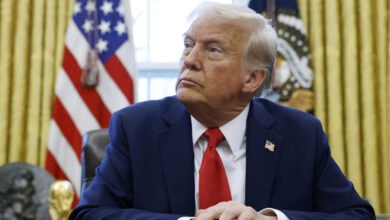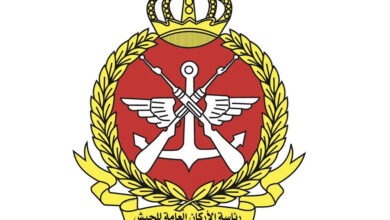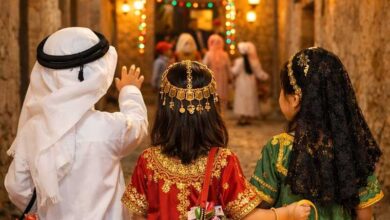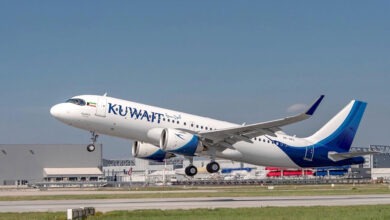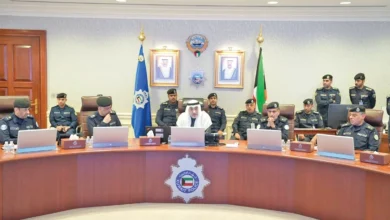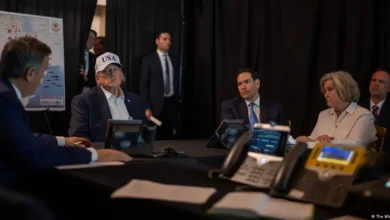Advocating for Humanitarian Causes Through Diplomacy
Continuing our series on ‘Honoring Women Reshaping World Diplomacy’, The Times Kuwait talks this week with H.E. Nisreen Rubaian, Representative of the United Nations High Commissioner for Refugees in Kuwait, on the increasingly vital role and influence that women bring to diplomacy, She also elaborates on the signature styles and approaches that women bring to leadership on the international stage.
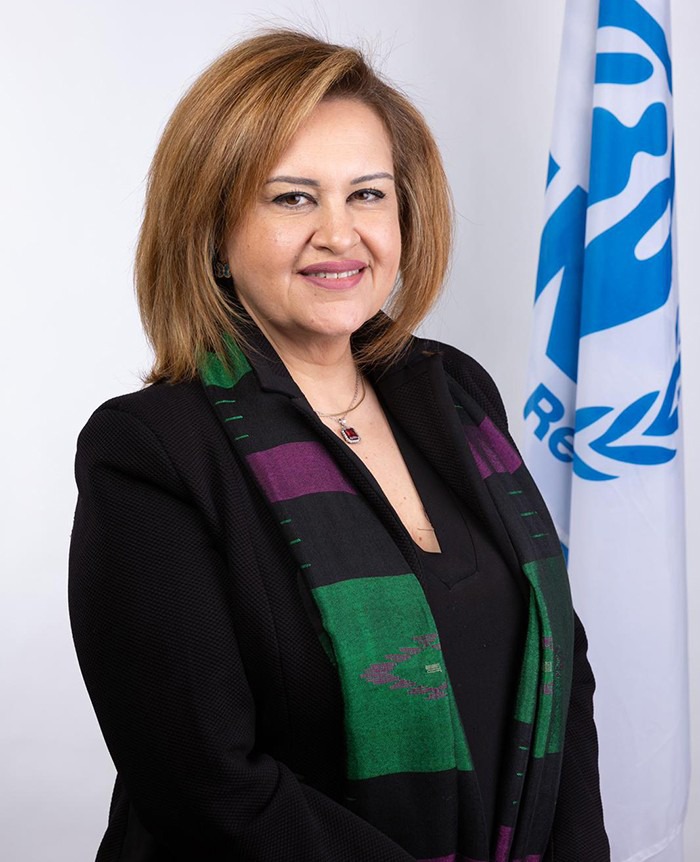
The Times Kuwait Report
What inspired you to pursue a career in diplomacy?
It has always been a dream to work in the humanitarian and diplomacy field. It grew inside me and I knew it was the only thing I wanted to do. This was also triggered by my mother, who is a daughter of a diplomat, who was my best motivator to enter into this field. Also, after pursuing my higher studies in the field of Law, I became more certain that I would like to put this knowledge I learned into the service and help of those who need to have justice serving them right.
My career with UNHCR started at a young age back in 2000, and since then, I am more than happy that I chose this path and decided to advocate for humanitarian causes through diplomatic relations.
What challenges have you faced as a woman in diplomacy, and how did you overcome them?
Females may face different challenges as diplomats, namely having to be far away from family, losing an opportunity to share memorable moments at times because work obligations require you to be away. Which adds to the burden of life-work balance.
I am lucky to be working in an international organization where these challenges are actually taken into consideration and policies are made to counter them. The UN system is keen on offering equal opportunities for both genders, addressing the representational gap and putting in place policies to protect both males and females from work challenges.
How do you think gender influences diplomatic styles or approaches?
Gender can significantly influence diplomatic approaches, not because women and men are inherently different in capability, but because of socialization, expectations, lived experiences, and the way gender roles are constructed and reinforced in both domestic and international arenas.
 Traditionally, diplomacy has been a male-dominated field, with stereotypes associating effective diplomacy to be led by men. While women may still be underrepresented in diplomatic fields, they can bring unique perspectives and skills to diplomatic roles, particularly in areas like social and cultural affairs, and peacebuilding.
Traditionally, diplomacy has been a male-dominated field, with stereotypes associating effective diplomacy to be led by men. While women may still be underrepresented in diplomatic fields, they can bring unique perspectives and skills to diplomatic roles, particularly in areas like social and cultural affairs, and peacebuilding.
For example, the diwaniya cultural gatherings are very influential and key in Arab countries, and particularly in Kuwait and other GCC countries. Recently, we started to see a progressive move in Kuwait empowering ‘Women Diwaniyas’ and offering female diplomats the chance to interact and exchange with the local community regardless of gender restrictions. This reflects Kuwait’s empowerment to both gender and its progressive diplomatic approach.
Can you share a moment when you felt you made a meaningful impact through your diplomatic work?
My work experience in Libya has to be the closest to my heart which I value deeply. I was able to work closely with partners to ensure that women and children refugees are able to secure permanent solutions in a safe and dignified manner and be able to live a decent life after facing severe persecution that forced them to leave countries of origin!
My work as a humanitarian gives me purpose to keep going regardless of the challenges that are getting tougher year by year. It does sometimes get to me, however, working closely with partners across different governments, sectors and domains, as well as serving refugees and displaced populations, keep me motivated to achieve the impact we aspire as global citizens to see in this world.
What leadership qualities do you believe are essential for success in this field?
Essentially, leadership qualities are key. This involves being close to your team, focusing on solutions, taking decisions and understanding your partners and respecting different cultures, no judgement and zero tolerance to toxic environments and work breaches.
What advice would you give to young women aspiring to join the foreign service?
Throughout my service in Kuwait, I came across many aspiring young female volunteers who personally taught me a lot. My advice to them is to never underestimate what change they can bring. The new generation is full of hope, innovation and creativity, and they know exactly what future they will need. So, to all females getting into Foreign service in future, focus on harnessing your skills into shaping the future you want to have.
How can diplomacy better reflect the diversity of the societies it represents?
In my opinion, diplomacy is made to overcome these differences and diversities, while respecting them. Diplomacy is our bridge to gap these diversities, and to maintain an open, constructive and respectful dialogue no matter what.
Follow The Times Kuwait on X, Instagram and Facebook for our special reports







